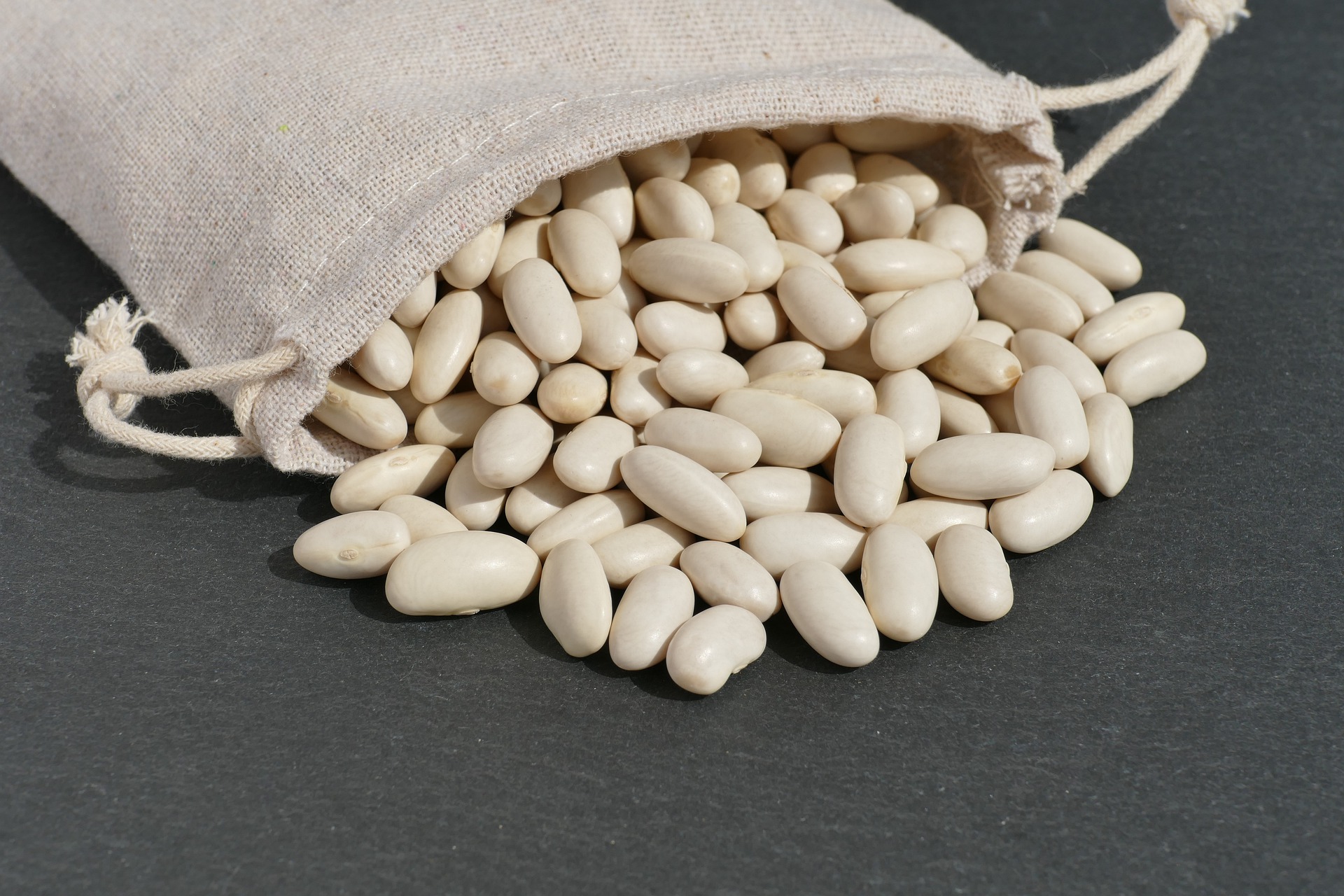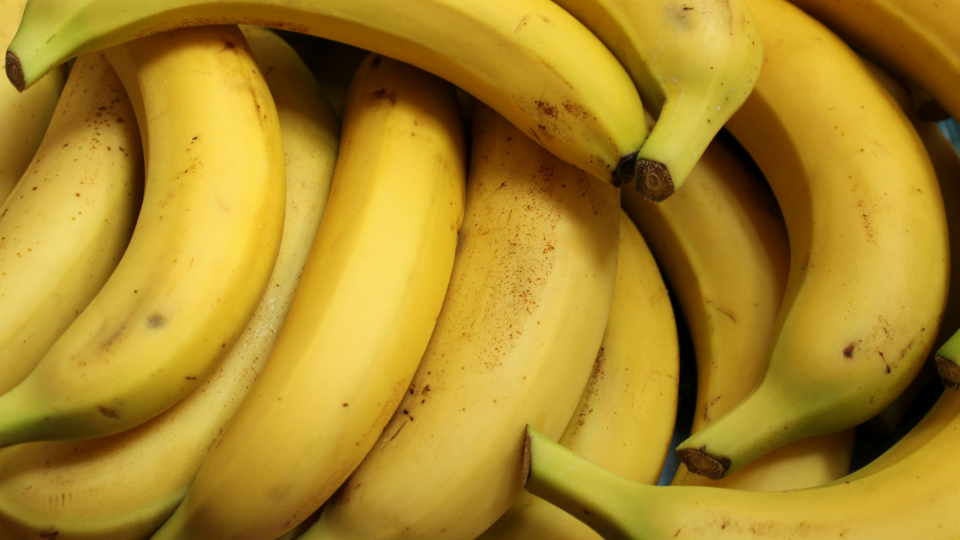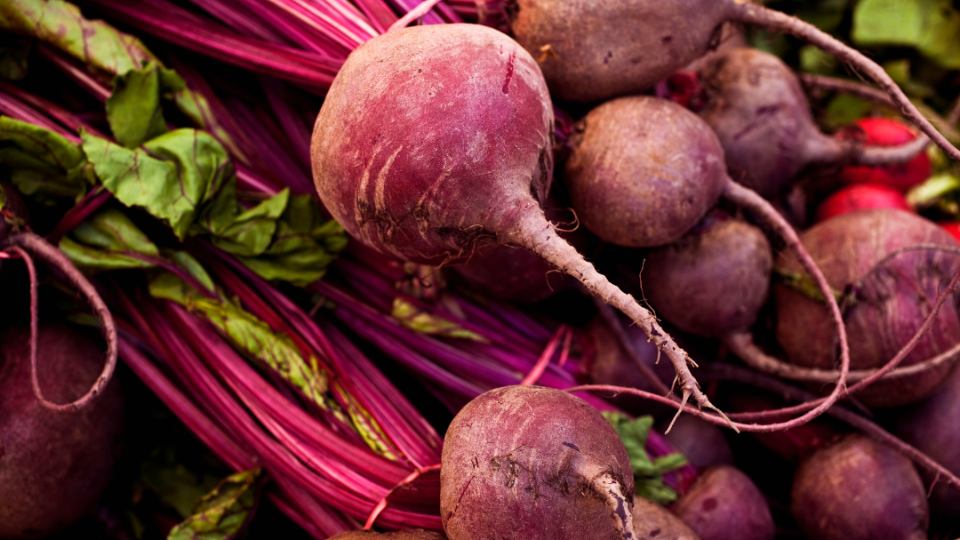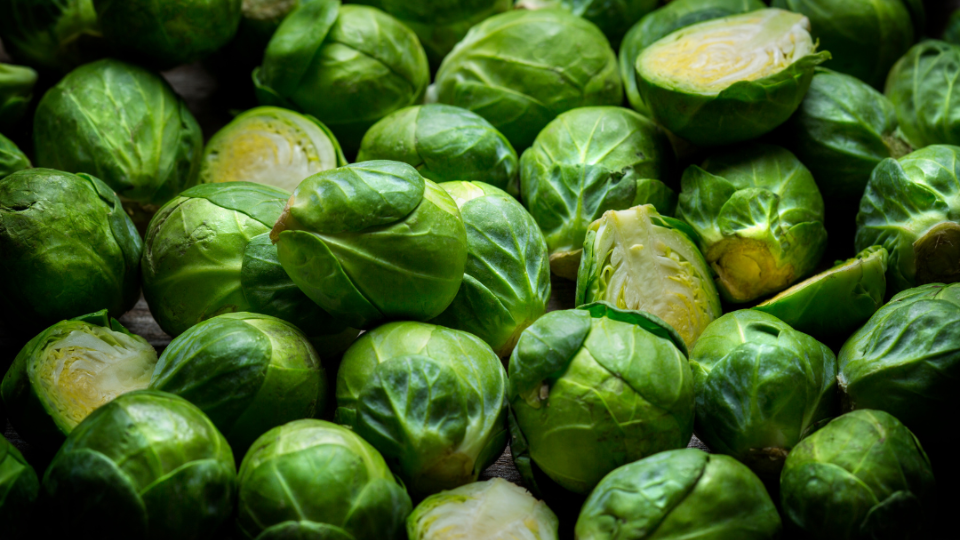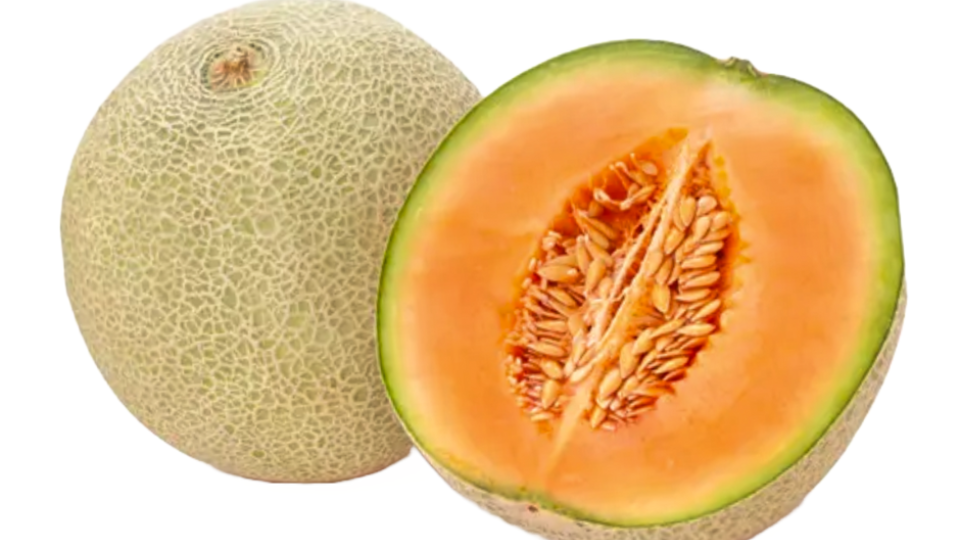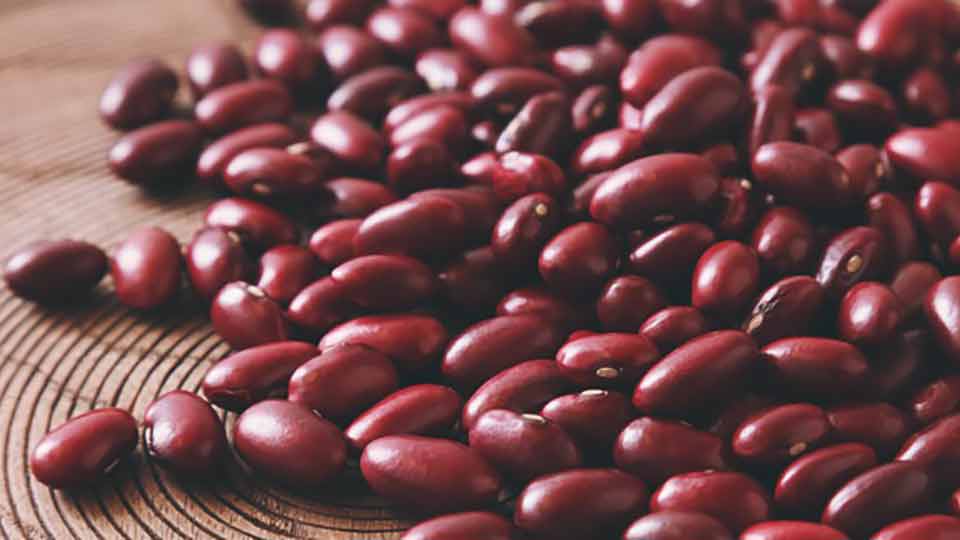What is Gluten?

Introduction
Gluten is a combination of proteins naturally found in grains like wheat, barley, and rye. This molecule is responsible for the structure and flexibility of grain products, which creates the shape and texture of breads and baked goods. Gluten also acts as a binding agent that holds wheat flour together and gives dough consistency. Foods containing gluten are part of a healthy diet for most people. However, some individuals suffer from an autoimmune disease that is triggered when they eat gluten-containing foods.

Fiction
- Eating a gluten-free diet is healthier.
- Gluten-free food is more nutritious.
- Eating a gluten-free diet is a good way to lose weight.
- Foods labeled "organic" and "gluten free" are the same.
- Gluten intolerance, sensitivity, and Celiac Disease are a fad.
- You have to read nutrition labels to find out if a food item is gluten free.
- If I have Celiac Disease, a little bit of gluten won't hurt me.
Fact
- Research shows that individuals that follow a gluten-free diet often have low levels of certain vitamins in their body because gluten free flour blends and baked goods are lower in fiber, iron, B vitamins, zinc, magnesium and calcium than gluten-containing foods.
- Most gluten-free foods use extra fat, sugar, and sodium to compensate for the taste and texture of gluten-free products. These "extras" are not healthy and may actually cause weight gain.
- Organic refers to the way a food is grown, processed, and packaged. These foods still contain gluten, unless otherwise stated on the packaging.
- Gluten triggered diseases often cause serious damage to the body which changes how it digests and absorbs food. Individuals may experience abdominal and bowel problems, headaches, excessive fatigue, thyroid issues, anxiety, irritability, and more.
- A gluten-free emblem or statement on a food label is monitored by the Food and Drug Administration and is considered safe to eat for those with diseases triggered by gluten.
- Completely removing gluten from the diet is the only treatment for those with diseases triggered by eating gluten.
What's the Difference?
Celiac Disease
- Identified genetic link; 1 in 10 risk of developing disease if immediate family member has Celiac Disease (parent, child, sibling).
- If left untreated can lead to: osteoporosis, skin problems, infertility, neurological conditions, anemia, and other autoimmune diseases.
Celiac Disease is classified as an autoimmune disease, not a food allergy. This disease is triggered when individuals eat gluten containing foods that create disease symptoms over days, weeks, and years. An autoimmune disease occurs when the body thinks that gluten is a foreign substance and will attack healthy body tissue to rid the body of danger. In the process of removing the danger, the body causes damage to healthy tissues, especially intestinal tissue. Damaged intestine tissue cannot absorb enough nutrients from food to maintain body health. Symptoms may include: diarrhea, constipation, stomach pain and bloating, vomiting, migraines, joint pain, and chronic fatigue.
Wheat Allergy
- Only confirmed through allergy testing.
- Severe allergy can cause anaphylaxis.
A wheat allergy is a true food allergy that creates an allergic response in the body quickly, within minutes or hours of ingesting wheat containing foods. The body creates special molecules to attack and remove wheat proteins from the body. This response does not damage body tissues, but it does create some unpleasant symptoms. The symptoms that occur can be mild to moderate like skin rashes, runny nose, vomiting, and stomach pain. Or in other cases, the symptoms can be more severe like anaphylaxis (closing of breathing airways) and death.
Non-Celiac Gluten Sensitity (NCGS)
- Most difficult to define and understand the cause of.
- Suggested to be most common of all gluten-related issues.
The diagnosis of NCGS (sometimes also called Non-Celiac Wheat Sensitivity NCWS) is commonly identified by the lack of typical body response for Celiac Disease and wheat allergy. This diagnosis is still unclear and needs more research to know the exact reason individuals have a reaction to gluten and/or wheat products. It is not known if the response individuals have is to gluten or other components in wheat, but we do know that the response is not caused by autoimmune disease or food allergy response. Individuals who think they may have NCGS must participate in a food trial to determine their individual response to gluten/wheat products.
Fact sheet inspired by a PowerPoint created by Lindsey Cady and Hillary Christensen
References
- Arslain, K., Gustafson, C. R., Baishya, P., & Rose, D. J. (2021). Determinants of gluten-free diet adoption among individuals without celiac disease or non-celiac gluten sensitivity. Appetite, 156, 104958. https://doi.org/10.1016/j.appet.2020.104958
- Celiac Disease | AAAAI. (n.d.). The American Academy of Allergy, Asthma & Immunology. Retrieved March 8, 2021, from https://www.aaaai.org/conditions-and-treatments/library/allergy-library/celiac-disease
- Foschia, M., Horstmann, S., Arendt, E. K., & Zannini, E. (2016). Nutritional therapy – Facing the gap between coeliac disease and gluten-free food. International Journal of Food Microbiology, 239, 113–124. https://doi.org/10.1016/j.ijfoodmicro.2016.06.014
- Gaesser, G. A., & Angadi, S. S. (2012). Gluten-Free Diet: Imprudent Dietary Advice for the General Population? Journal of the Academy of Nutrition and Dietetics, 112(9), 1330–1333. https://doi.org/10.1016/j.jand.2012.06.009
- Koumbi, L., Giouleme, O., & Vassilopoulou, E. (2021). Non-Celiac Gluten Sensitivity and Irritable Bowel Disease: Looking for the Culprits. Current Developments in Nutrition, 4(12), nzaa176. https://doi.org/10.1093/cdn/nzaa176
- Lammers, K. M., Vasagar, B., & Fasano, A. (2014). Definition of Celiac Disease and Gluten Sensitivity. In S. D.
- Rampertab & G. E. Mullin (Eds.), Celiac Disease (pp. 13–25). Springer. https://doi.org/10.1007/978-1-4614-8560-5_2
- Marcason, W. (2011). Is There Evidence to Support the Claim that a Gluten-Free Diet Should Be Used for Weight Loss? Journal of the American Dietetic Association, 111(11), 1786. https://doi.org/10.1016/j.jada.2011.09.030
- Molina-Infante, J., & Carroccio, A. (2017). Suspected Nonceliac Gluten Sensitivity Confirmed in Few Patients After Gluten Challenge in Double-Blind, Placebo-Controlled Trials. Clinical Gastroenterology and Hepatology, 15(3), 339–348. https://doi.org/10.1016/j.cgh.2016.08.007
- Niland, B., & Cash, B. D. (2018). Health Benefits and Adverse Effects of a Gluten-Free Diet in Non–Celiac Disease Patients. Gastroenterology & Hepatology, 14(2), 82–91.
- Saturni, L., Ferretti, G., & Bacchetti, T. (2010). The Gluten-Free Diet: Safety and Nutritional Quality. Nutrients, 2(1), 16–34. https://doi.org/10.3390/nu20100016
- Sergi, C., Villanacci, V., & Carroccio, A. (2021). Non-celiac wheat sensitivity: Rationality and irrationality of a gluten-free diet in individuals affected with non-celiac disease: a review. BMC Gastroenterology, 21(1), 5. https://doi.org/10.1186/s12876-020-01568-6
Authors
Eva Timothy, MS, Utah State University, Paige Wray, MS, Utah State University, Cindy Jenkins, MS, Utah State University, April Lichtford, Ph.D., RDN, Utah State University,
Related Nutrition Articles







